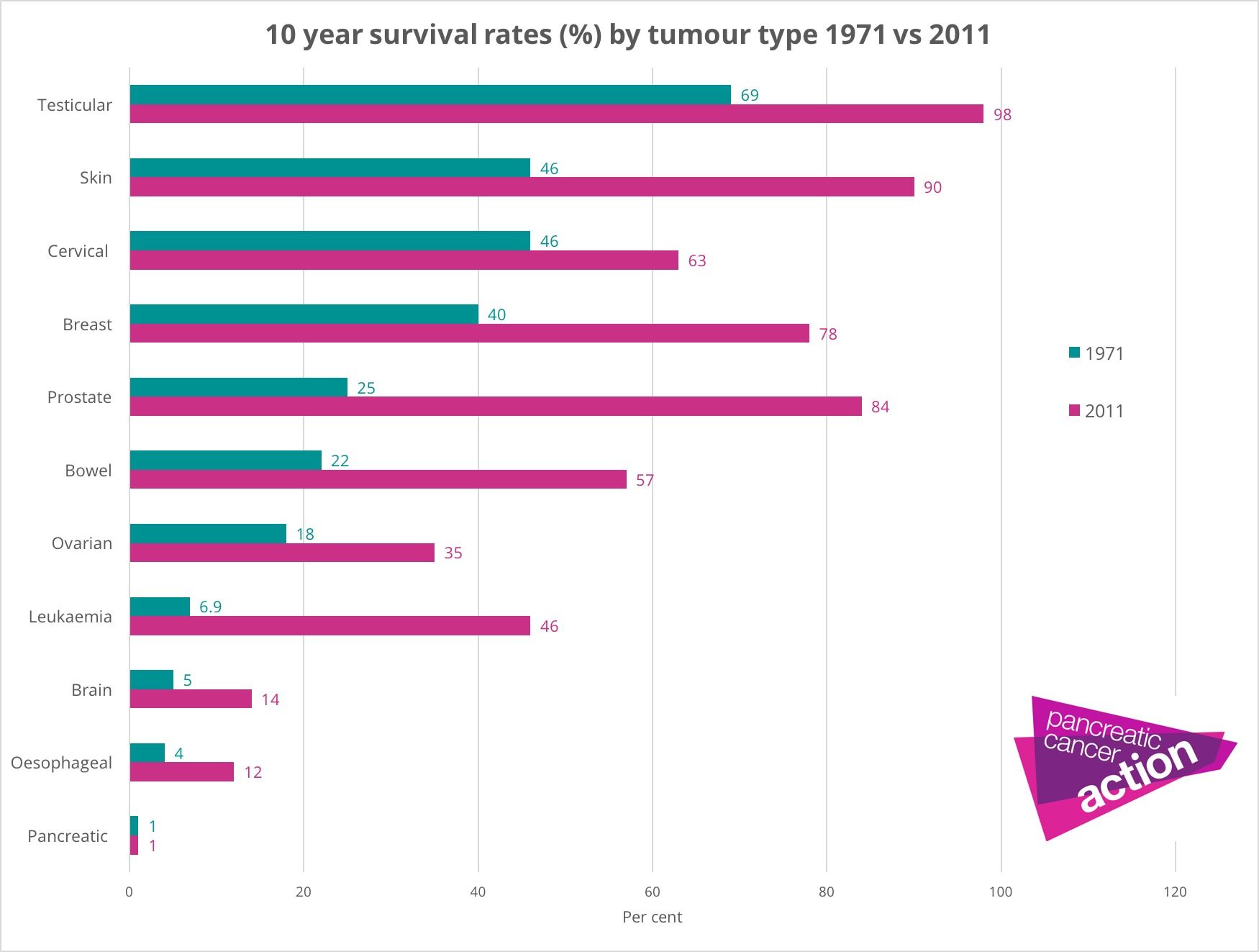His AI-based tool hopes to improve survival rates that are extremely low.




The gap between the life expectancy of the richest and poorest sectors of society in England is increasing, according to new research from Imperial College London.
The research, published in the journal Lancet Public Health, also reveals that the life expectancy of England’s poorest women has fallen since 2011, in what researchers say is a “deeply worrying” trend.
The study, funded by the Wellcome Trust, analysed Office for National Statistics data on all deaths recorded in England between 2001 and 2016—7.65 million deaths in total.

Learn more before the Monday, Nov. 26 touchdown on the Red Planet: https://go.nasa.gov/2FJgZon #MarsLanding

Healthy mice have been born from same-sex parents in China. To investigate the ways that mammalian reproduction differs from other animals, researchers at the Chinese Academy of Sciences used stem cells and genetic manipulation to produce 29 live, healthy offspring from two female mice. The pups have since grown to adulthood and had babies of their own.

According to a study recently published by researchers at the University of Colorado, empathy is rooted in cognitive processes rather than sensory ones, as reported by the Daily Camera. The study found that the act of understanding the pain of others does not involve the same neural pathways as experiencing pain in one’s own body, suggesting that the two are different interactions within the brain.
The study revealed that the brain patterns of volunteers when they experienced pain themselves did not overlap with their brain patterns when the volunteers were observing the pain of others. When observing pain, the volunteers showed brain patterns consistent with “mentalizing,” which involves imagining another’s thoughts and intentions.
“The research suggests that empathy is a deliberative process that requires taking another person’s perspective rather than being an instinctive, automatic process,” said Tor Wager, the Director of the University of Colorado’s Cognitive and Affective Neuroscience Laboratory and the senior author of the study, as reported by Daily Camera.


